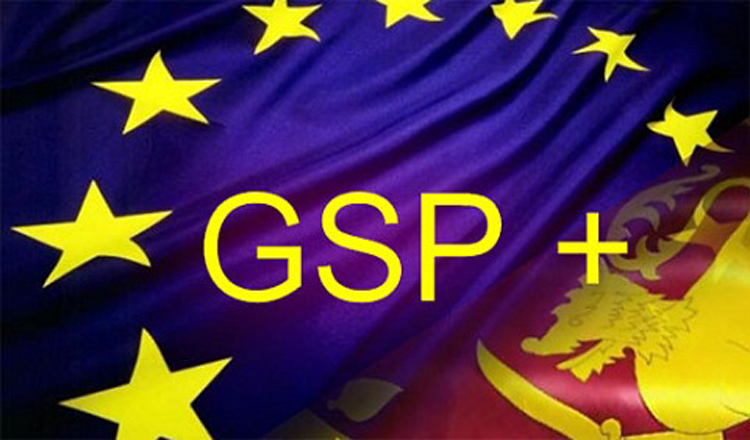After 2010 Sri Lanka’s exports to the European Union (EU) have increased by 60% but half of it is through the Generalised Scheme of Preferences (GSP) plus, stated EU Ambassador to Sri Lanka Denis Chaibi, speaking at a virtual conference organised by Colombo-based think-tank Advocata Institute.
Vietnam increased by 400% and Bangladesh by 150% during the period from 2010 to 2019, thus to stay ahead of competition, GSP plus is significant for Sri Lanka, stated Chaibi. Ambassador further noted that retaining GSP Plus would give a positive image for Sri Lanka that it is committed to human rights obligations. “The EU market is competitive as it is a superpower in terms of product quality standards.
For a Sri Lankan exporter to export to the EU would give the exporter recognition in any other market as the EU only accepts products with certain standards. Sri Lanka is already in a forex crisis. Increasing exports is a way out of the current crises. COVID-19 has created a resilient supply chain but without preferential access it is difficult for Sri Lanka to increase its exports to EU markets.
GSP plus was granted in 2005, withdrawn in 2010, and then reinstated in 2017 with some conditions. Among these conditions was the commitment of the government to review the Prevention of Terrorism Act. “GSP Plus is an advantage to Sri Lanka as there are only eight countries which enjoy the facility. It provides zero tariffs or reduced tariffs to two thirds of the tariff lines.”
stated the EU ambassador to Sri Lanka. In June 2021 the EU parliament passed a resolution calling for the repeal of Sri Lanka’s Prevention of Terrorism Act (PTA) and inviting the European Union (EU) Commission to consider temporarily withdrawing Sri Lanka’s access to the GSP+ concession. It urged the commission to use the GSP+ as leverage to push for advancement on Sri Lanka’s human rights obligations, thereby pressurising Sri Lanka to fully align its counterterrorism legislation with international human rights conventions.


